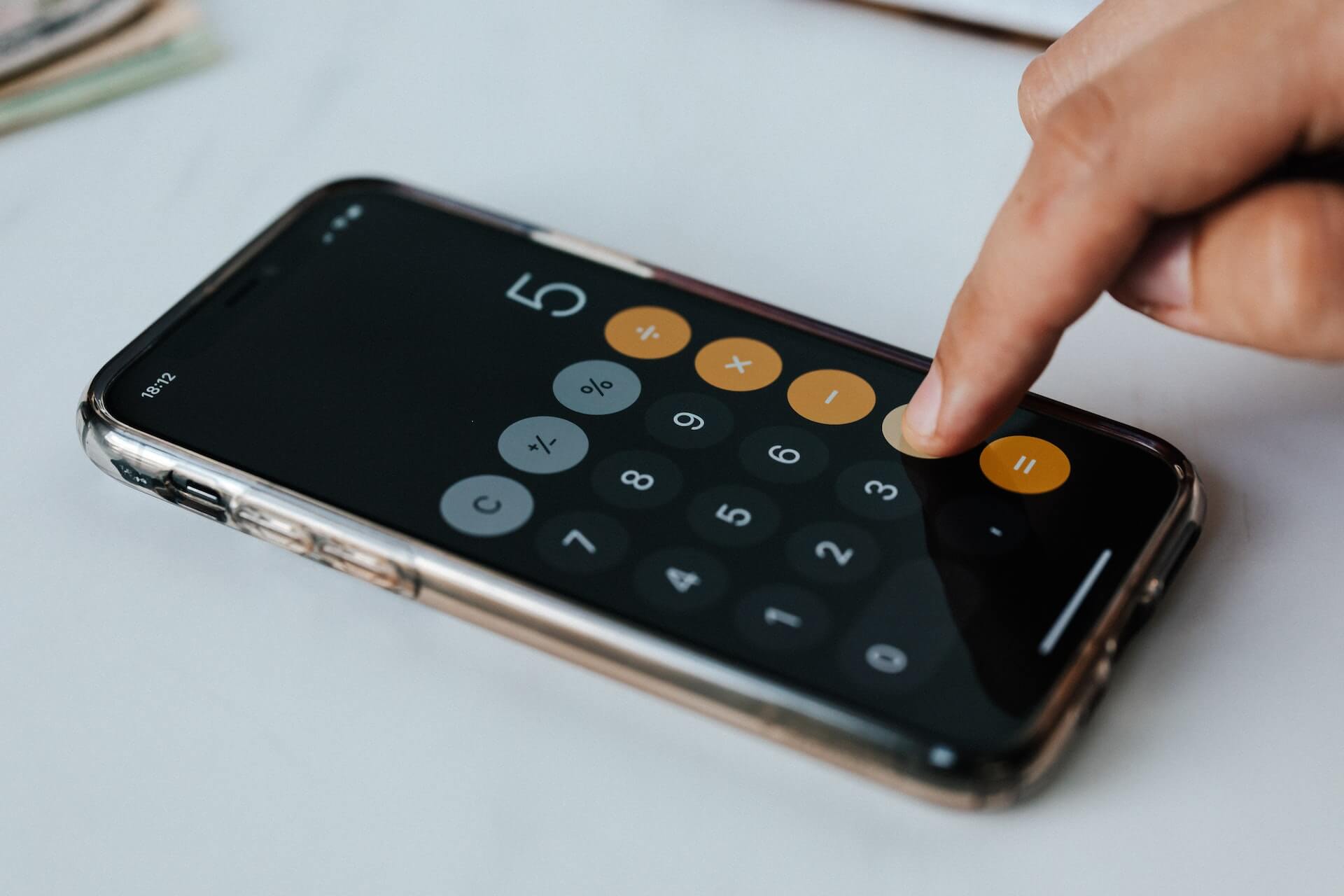Hi, I’m Derek Ke, the founder of EVSEtop.com, a leading expert in solar-protected electrical products and electric vehicle charging solutions.
With over 15 years of experience, we’ve helped nearly 500 clients across farms, residential, industrial, and commercial sectors in 60 countries solve their new energy and green power challenges. Our mission is to share valuable knowledge about solar energy and sustainable power, making green electricity accessible to homes and businesses worldwide.
